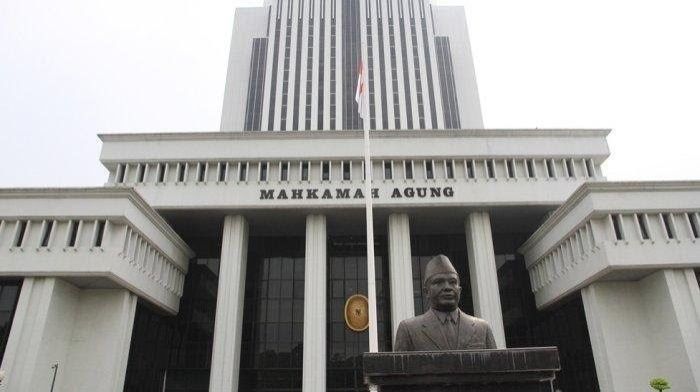The Supreme Court of Indonesia has forbidden lower courts from accepting requests to register marriages between people belonging to different religious beliefs in the registry office.
The imposition was released in a circular in which Chief Justice Muhammad Syarifuddin urged all courts to comply with the 1974 Marriage Act.
Current legislation requires that a marriage can be considered legitimate only if both spouses belong to the same religion. Muslim citizens can therefore register their union with the religious affairs office, while believers of other religions must apply to civil registers.
The eventuality of interfaith marriage is not dealt with, but jurisprudence, based on a 1986 sentence, provides that in case of interfaith marriage the couple can request the registration of their union in the registry office with prior authorization from the court.
In June, a Jakarta district court granted the marriage request of a Christian man and a Muslim woman. Chief Justice Bintang AL had argued that interfaith marriage was a legitimate and reasonable request given the heterogeneity of the Indonesian population.
The Indonesian Ulema Council (MUI) had opposed the verdict and in recent days has praised the Supreme Court’s ban, arguing that it clarifies the jurisprudence on the matter by filling the legislative gaps. “All parties must obey the circular, especially judges who do not understand or pretend not to understand the law on marriage,” said MUI fatwa officer Asrorun Ni’am.
Human rights defenders, however, criticized the circular because it “closes any progress made by the state’s judicial institutions in guaranteeing the rights of citizens of different backgrounds”, said Halili Hasan, executive director of the Setara Institute yesterday. Ahmad Suaedy, professor at Nahdlatul Ulama Indonesia University in Jakarta, he added that several ulema allow interreligious marriages because Islam itself recognizes various interpretations of it.
The question is not new, but it had already emerged in January of this year, when the nine judges of the Constitutional Court unanimously agreed that they could not accept a petition against the law on marriage presented by a Christian man. E. Ramos Petege, originally from the province of Papua, had asked for a revision of the 1974 law after failing to marry his Muslim fiancée due to legislative uncertainty. Lack of legal recognition can cause difficulties in terms of marital rights, inheritance claims and access to social benefits.







